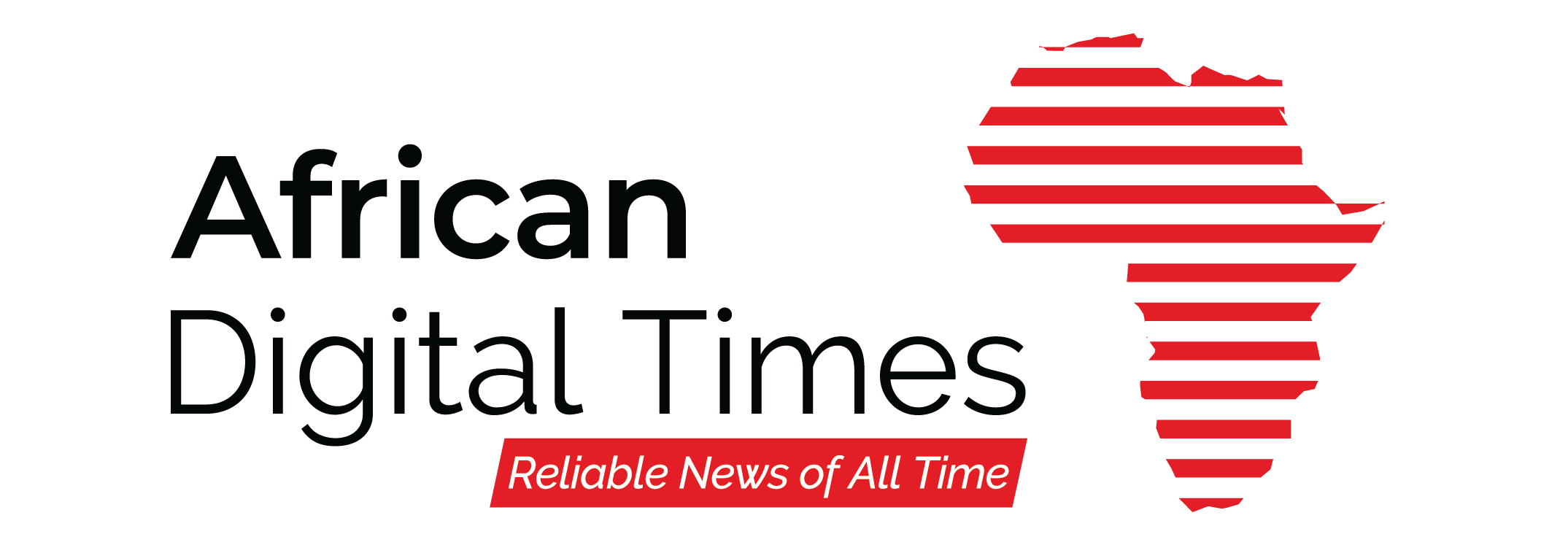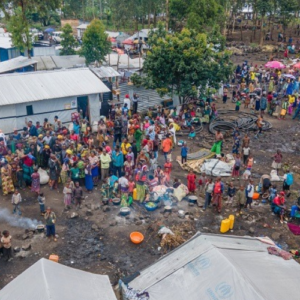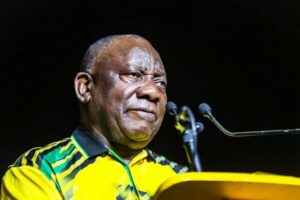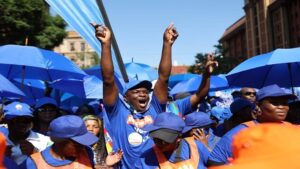Senegal election delay ruled unlawful
Senegal’s Supreme Court issued a landmark ruling this month declaring the decision to postpone the vote unconstitutional. The Constitutional Council overturned President Mackie Sall’s order and a controversial law passed by parliament, which sought to postpone elections until December The postponement of the vote had sparked widespread protests across the West African nation, once hailed as a bastion of democracy in the region with Opposition leaders condemning the move, describing it as “unconstitutional rebellion”. President Sal had raised concerns about the suitability of the opposition candidates for pushing back the election date. Despite assurances that he would not seek re-election, critics accused him of trying to hold on to power or unfairly influence a successor.
Fierce clashes broke out as lawmakers debated the adjournment, and some opposition MPs were forcibly removed from the House by police. Originally proposed for a six-month delay, a last-minute amendment extended the moratorium to 10 months and set a new election date of 15 December The Constitutional Council’s decision late on Wednesday brought relief to opposition and lawmakers who criticized the bill. Khalifa Sal, the leading candidate and former mayor of Dakar, condemned the delay as a “constitutional coup”, while another leader, Thierno Alassane Sal, called it a “great coup”
Acknowledging the impossibility of holding the elections on the first date of February 25, the court ordered officials to reschedule “as soon as possible” President Sal with a second term in office end on April 2 has not yet answered the question. However, the decision to postpone the elections left several major issues unresolved, including allegations of corruption in the Constitutional Court and allegations of opposition exclusion Accepted opposition the omission of the name Ousmane Sonko became a major point of contention. Following President Sal’s February 3 decree, political unrest halted most campaign activities, further exacerbating the crisis in the country.
The recent release of opposition politicians and members of the public, seen by some as an attempt to suppress public opinion, highlights the fragile state of democracy in Senegal. Senegal’s reputation as a stable democracy has made this electoral crisis famous. A country formerly known for its peaceful transition of power now faces uncertainty over the integrity of its electoral system and the future of democratic governance
The recent release of opposition politicians and civil society members from prison, perceived by some as an attempt to quell public dissent, underscores the fragile state of democracy in Senegal. Senegal’s reputation as a stable democracy has been called into question by this electoral crisis. Previously known for its peaceful transitions of power, the country now faces uncertainties regarding the integrity of its electoral process and the future of democratic governance.







